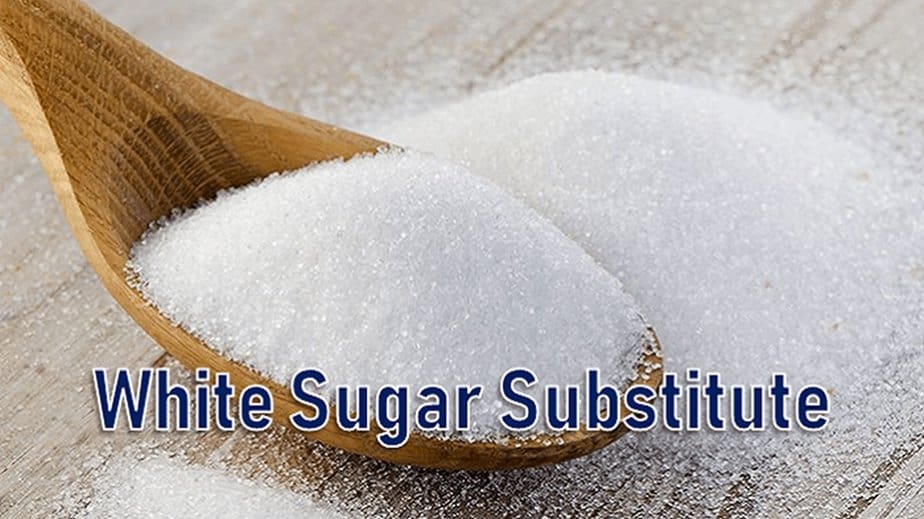Consuming too much refined or white sugar in the long term may cause damage to your health in many ways. Fortunately, you can use healthy white sugar substitutes in baking and cooking.
Natural sweeteners are a better replacement for sugar than you can think of. Please note too many organic sweeteners can also cause health issues but not as much as white sugar.
In short, no sweetener is healthy if consumed in excess.
What Is White Sugar
White sugar is the crystallized sucrose made from sugar cane or sugar beets. Other names like table sugar, regular sugar, or granulated sugar also know it.
The sugar beets or sugar cane juice is boiled down to remove moisture. Once the moisture is diminished, the natural sucrose in the juice begins to crystallize. The crystallized sugar is gathered, and then the leftover remains in molasses.
All vitamins and minerals in sugar cane go along with the molasses. For this reason, sugar does not have any nutritional value.
9 Natural White Sugar Substitutes
Refined sugar is the most commonly used sweetener in cooking and baking. It adds sweetness to the recipe without altering the dish’s flavor profile. It is affordable and easily available.
However, overuse of refined sugar may cause health concerns like obesity, diabetes, heart diseases, tooth decay, accelerated aging, and others.
It is healthy and wise to replace white sugar with natural sweeteners that are less harmful to the body.
Ace replacements for white sugar are stevia, monk fruit, erythritol, and xylitol which are natural stuff. The secret to their success lies in their low-calorie content and reduced glycemic index, making them stellar picks for the health-conscious.
They’re versatile, too. From baking scrumptious goodies, and stirring up thirst-quenching beverages, to rustling up lavish sweets, these substitutes can do it all. They’re as sweet as sugar, each with its unique flair, so why not take ’em for a spin? Find the one that gets your tastebuds dancing!
Let us look at some of the safer alternatives to sugar in detail:
1. Stevia
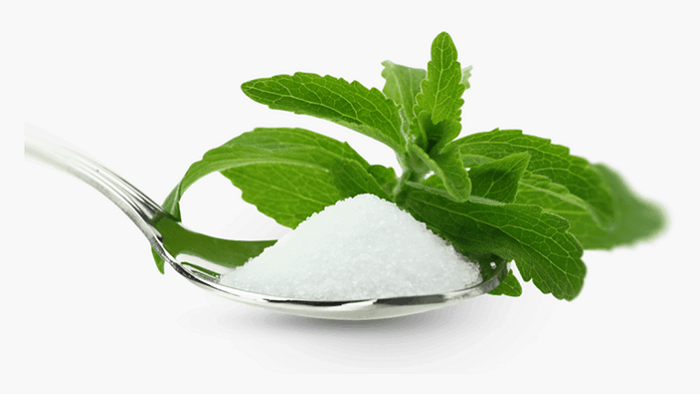
Stevia is a sugar substitute from a stevia plant with no calories. Stevia is much sweeter than sugar – use about 2 tsp per 1 cup of sugar.
Pros
- Stevia leaves extract or powder is 30 times sweeter than regular sugar
- It contains zero calories
- Not harmful to your teeth
- Control of blood glucose and lowers blood pressure
Cons
- Expensive
- Short shelf life
- Improper processing can give a bitter taste
2. Honey
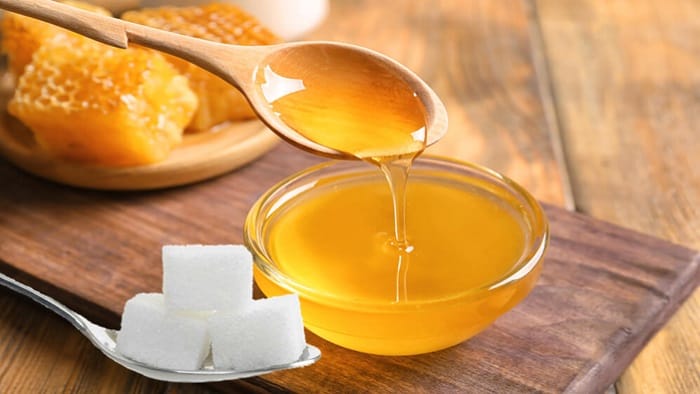
Honey is a sweet, viscous food substance from bees and related insects. For every 1 cup of sugar, substitute 1/2 to 2/3 cup honey.
Pros
- Truly natural sweetener
- Contains some nutrients
- Rich in antioxidants
- Less bad than sugar
- Delicious
Cons
- Contains high calories like the sugar
- Not suitable for diabetes patients
- Difficult to get pure honey, often mixed with syrups and preservatives
- Not suitable for high-heat cooking baking
3. Maple Syrup
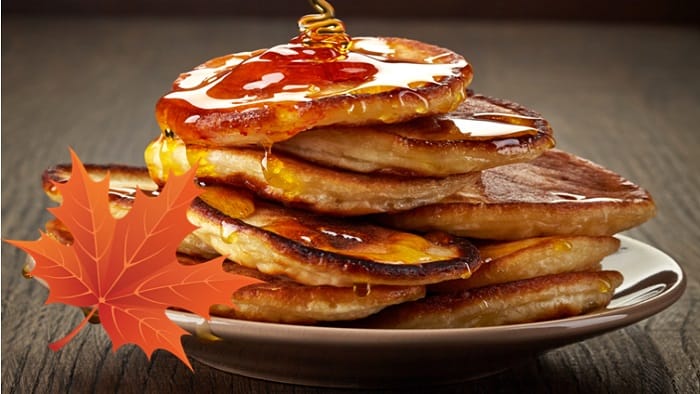
Maple syrup is usually made from maple trees’ xylem sap (circulating fluid). Using ¾ cup of maple syrup for every cup of sugar is ideal.
Pros
- Contains no added chemicals or preservatives
- Contains Vitamins and minerals
- Rich in antioxidants
- Notes of light caramel and butterscotch flavor.
Cons
- Rich in calories
- Quality varies according to different grades of syrup
- May cause tooth decay
- Difficult source pure maple syrup from stores
- Expensive than sugar
4. Coconut Nectar
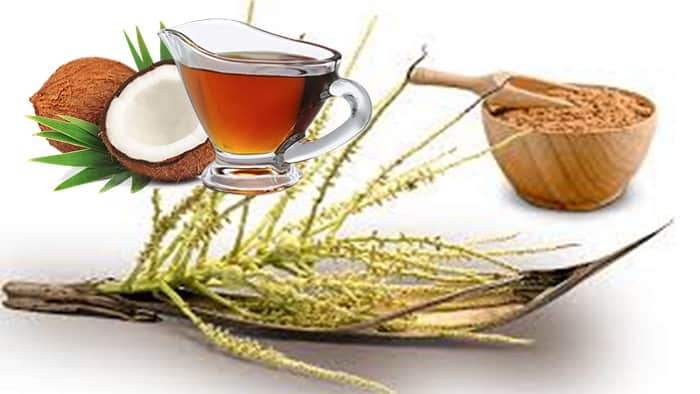
Coconut nectar is a delicious sweet syrup derived from the sap of the flowers of the coconut palm. When this syrup is dehydrated, it becomes granules of coconut sugar. It is used as a sugar substitute in the ratio of 1:1.
Pros
- High in amino acids and minerals
- Doesn’t harm teeth
- Contains no chemicals and preservatives
- Available in crystal and liquid form
- Neutral flavor
- Lower glycemic than cane sugar
Cons
- Rich in calories
- Similar to table sugar
- It may cause obesity, diabetes, heart disease, or metabolic syndrome
5. Agave Nectar
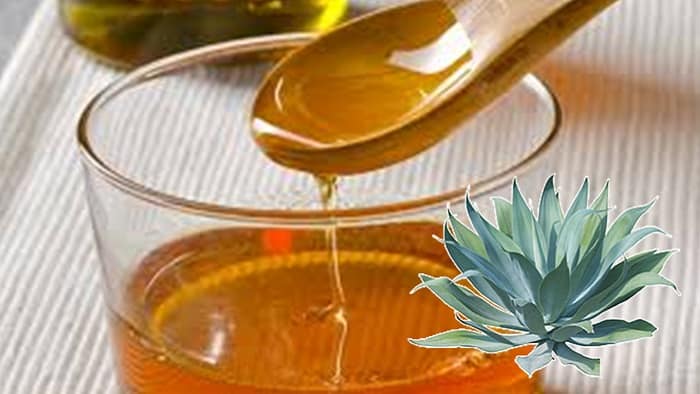
Agave syrup, sometimes called agave, comes from the juice extracts of blue agave plant leaves. This plant is similar to a cactus and grows in Mexico.
Use about a two-thirds cup of agave for every cup of sugar called for in recipes.
Pros
- Sweeter than regular sugar
- Neutral flavor
- Has low glycemic index than refined sugar
Cons
- High in fructose
- Risk of developing diabetes and metabolic syndrome
- May increase LDL cholesterol
- Equally bad as sugar
6. Yacon Syrup
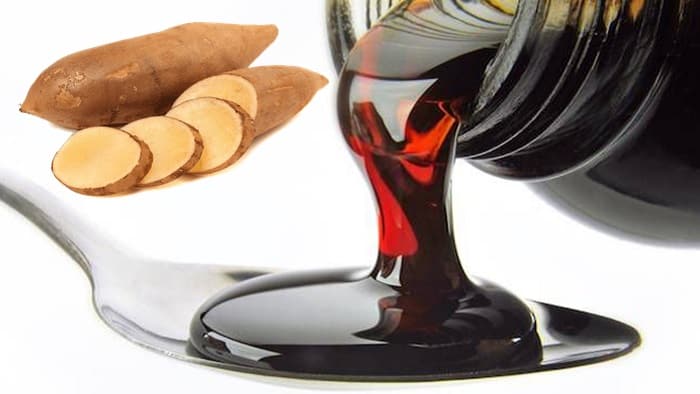
Yacon syrup is extracted from the roots of the yacon plant. It’s a sweet syrup with a look and consistency akin to molasses. About 75gm (18¾ teaspoons) equals 100gm (25 teaspoons) of white sugar.
Pros
- Sweeter than sugar
- Beneficial for diabetes, weight loss, and constipation
- Contains antioxidants
Cons
- It may cause intestinal distress
- Cannot cook or bake this syrup at a high temperature
7. Molasses
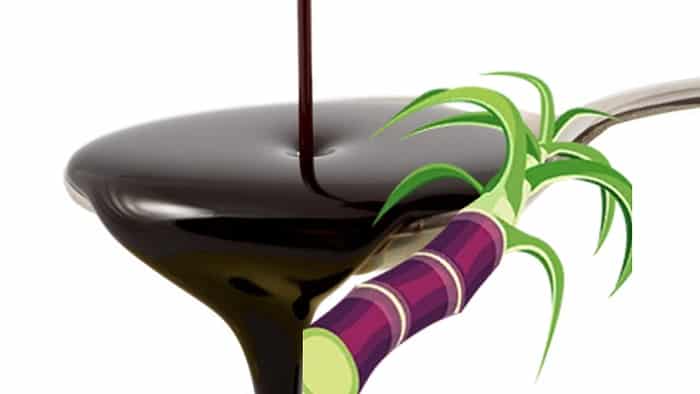
Molasses are produced by boiling down sugar beet or sugar cane juice. This is a sweet brown liquid with a syrup-like consistency.
While substituting molasses for sugar, use 1 1/3 cups molasses for 1 cup.
Pros
- Contains a few vitamins and minerals
- Rich in antioxidants than honey and maple syrup
- Good for bone and heart health
- A fine replacement for crystal sugar
Cons
- Rich in calories
- Not suitable for diabetes patients
- It may cause digestive problems and diarrhea
8. Erythritol
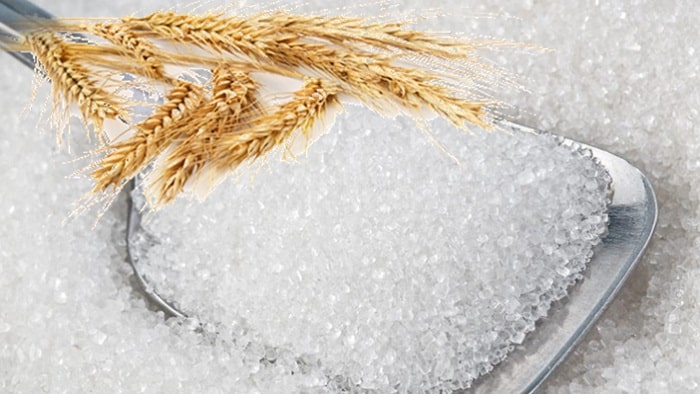
Erythritol is a sugar alcohol with fewer calories than table sugar. It has only 6% of the calories of sugar. It tastes neutral. You can easily swap erythritol with white sugar.
Erythritol is about 70% as sweet as sugar, so always use a little more compared to sugar (about 1.3 times more).
Pros
- Free of the harmful effects of the sugar
- The body directly absorbs the erythritol into the bloodstream and excreted through urine
- Doesn’t increase blood sugar, cholesterol, insulin, or triglyceride levels
- Well tolerated by the body
Cons
- Expensive
- Higher doses of erythritol may cause side effects
- melts in high heat and does not caramelize.
9. Xylitol
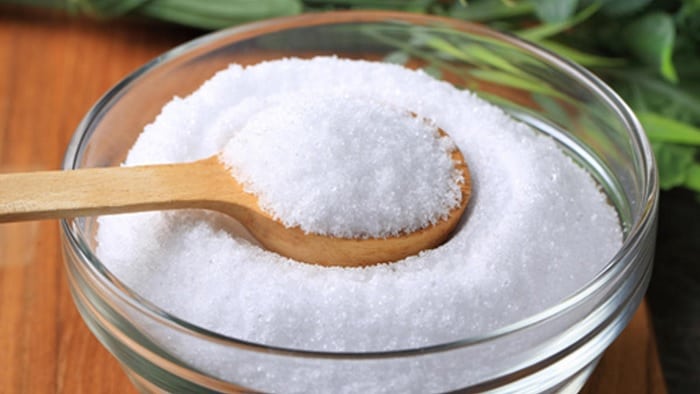
Xylitol is a sugar alcohol. It tastes just like sugar. It is mostly extracted from birch wood or corn.
As a sugar substitute, Xylitol compares about 1:1 in recipes.
Pros
- Nearly 40% lower calories than sugar
- Does not raise blood sugar and insulin levels
- Xylitol contains zero fructose
- Does not have the side effects of sugar
- Doesn’t cause tooth decay
- Helps in better absorption of calcium in your body
Cons
- Too much Xylitol may cause digestive issues
- Not suitable for those suffering from irritable bowel syndrome
- Highly toxic to dogs
- Expensive than sugar
Frequently Asked Questions
Can I substitute brown sugar for white sugar?
You can typically substitute brown sugar for white sugar in a recipe. However, brown sugar has a higher moisture content and contains molasses, which can affect the texture and flavor of your final product. When you use brown sugar in a recipe, use one tablespoon less liquid in your recipe as well. In most recipes, you can substitute brown sugar for white sugar in a one-to-one ratio. If your recipe calls for one cup of granulated white sugar, swap on a cup of brown sugar.
How to substitute powdered sugar for granulated sugar?
Powdered sugar is much finer and dissolves more easily than granulated sugar crystals. Therefore, you will need to use a different amount of powdered sugar. As a general rule of thumb, 2 cups of granulated sugar can be substituted with 1 3/4 cups of powdered sugar. It’s important to note that this substitution may affect the texture of your baked goods and sauce.
Can I replace white sugar with date sugar?
Yes, date sugar is a good replacement for white sugar in recipes for energy bars, pudding, cakes, desserts, and cookies. Use them interchangeably in an equivalent amount to sweeten your recipe, a 1:1 ratio. However, if you prefer less sweetness, we recommend using 2/3 cup of date sugar for every 1 cup of white sugar.
Final Thoughts
Sugar is responsible for most lifestyle diseases like obesity, diabetes, cancer, and heart disease.
The organic sweeteners discussed above are a good alternative to sugar.
However, overconsumption of any type of sugar is bad for health.
Stevia is perhaps the best substitute for white sugar. Other good alternatives to sugar are yacon syrup, corn syrup, Xylitol, and erythritol.
Read next:
